Our Work
Founded in 2014, the Center on Privacy & Technology is a leader at the intersection of privacy, surveillance, and civil rights.
Latest Work
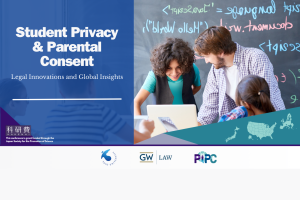
Privacy Center at the “Student Privacy & Parental Consent” conference
On February 7 the Center’s Senior Associate, Clarence Okoh, was a speaker at the Student Privacy & Parental Consent: Legal Innovations and Global Insights. This conference is hosted by Toyo University and co-sponsored by George Washington University Law School Center for Law and Technology and the Public Interest Privacy Center (PIPC). The conference addressed how global policymakers are developing new legal frameworks to better safeguard child and student privacy and safety online against new and emerging technologies. Okoh spoke on a panel titled: "How to Regulate the Black Box of AI-Created 'Educational Opportunities." Okoh was also a speaker at the pre-conference workshop Child Privacy Online. Clarence spoke on a panel titled "Deep Dive: Regulating AI and Children."

Director of Research & Advocacy Stevie Glaberson’s Paper Published
Director of Research & Advocacy Stevie Glaberson's academic paper, "The Epistemic Injustice of Algorithmic Family Policing", was published in the UC Irvine Law Review. The piece explores the ways that family policing’s turn to “big data” risk-prediction algorithms scales up and expands the system’s already pervasive epistemic injustice.
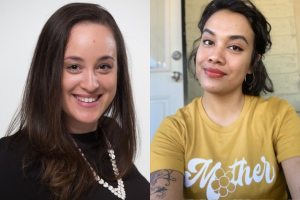
Op-Ed: It’s family regulation, not a computer glitch
Director of Research & Advocacy Stevie Glaberson recently published an op-ed, "It's family regulation, not a computer glitch," in the Arizona Daily Star. In the op-ed, Glaberson and her co-author Marshneil Lal write about the implications of the recent revelation by the Arizona Department of Child Safety that for two years, Arizona courts relied on a flawed computer system in as many as 3,800 cases to make decisions about whether Arizona should take children away from their parents. They write "This is not just a story about a data glitch. It’s a revealing story about the "surveillance tentacles" of the state’s “child welfare” system, the pervasive failure of the system to listen to the people it targets, and the ways adding a layer of technology magnifies the system’s harms."
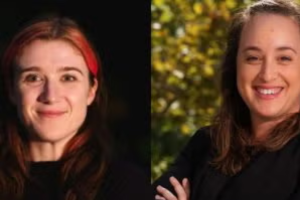
Testimony in Support of S.27: An Act to Protect Private Electronic Communication, Browsing and Other Activity
Justice Fellow Meg Foster and Director of Research & Advocacy Stevie Glaberson submitted written testimony to the Massachusetts Joint Committee on Advanced Information Technology, the Internet and Cybersecurity in support of S.27, An Act to protect private electronic communication, browsing, and other activity. The bill establishes warrant and reporting requirements for electronic communication and subscriber records, as well as the use of cell site simulators. It also prohibits law enforcement from requesting, and judges from granting, reverse-location and reverse-keyword requests. The testimony focused on the disparate impact that the dragnet surveillance tools and techniques regulated in S.27 have on marginalized communities, including on their First Amendment rights.
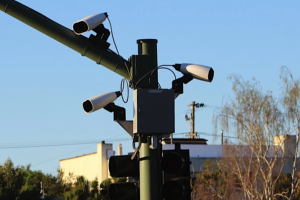
Government Technology Coverage of Cop Out Roundtable
Government Technology published an article covering the Center's event, "Cop Out: Automation in the Criminal Legal System," covering the discussion around what’s at stake for communities subjected to these tools and whether new technology is simply exacerbating long-standing issues in the criminal justice system and reinforcing disparities.
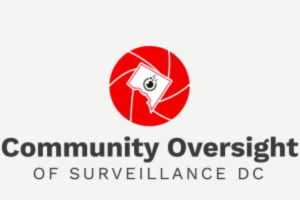
Advocacy for DC Community Control Over Police Surveillance Model Bill
The Community Control Over Police Surveillance Model Bill (CCOPS) was a bill supported by the Community Oversight of Surveillance coalition that would require DC entities to obtain Council approval before acquiring new surveillance technology and entities would be required to report why they wanted to use the technology and the impact it would have on civil rights and liberties. The Center on Privacy and Technology was a client of the Communications and Technology Law Clinic and asked the clinic to advocate on our behalf at coalition meetings about CCOPS.
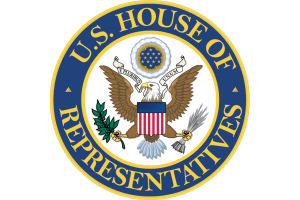
Center Associate Endorses Wasserman Bill
Associate Harrison Rudolph endorsed Rep. Debbie Wasserman Schultz's (D-FL) bill, the Families, Not Facilities Act. The bill would prohibit the use of children's information to find and deport their loved ones.
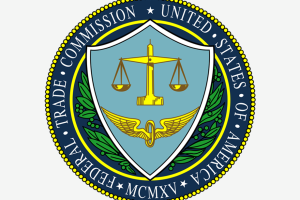
Federal Law Pauses Parent Trap
A federal law was signed prohibiting the use of children's information for deportation purposes until September 30, as part of the 2019 Homeland Security Appropriations Bill. The law followed a November 2018 letter, coordinated by the Center and co-signed by 111 other NGOs, calling for the termination of an interagency agreement that used children's information to find and deport their relatives.
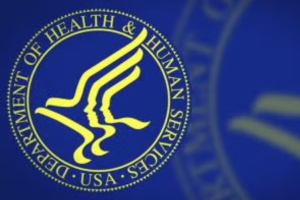
Coalition Letter to DHS and HHS About Both Agencies’ Parent Trap
The Center coordinated a letter to the Departments of Health and Human Services and Homeland Security calling for the rescission of an interagency agreement that uses children's information to deport their relatives. 111 other civil rights and civil liberties organizations signed on to the letter, which received coverage in the Associated Press.
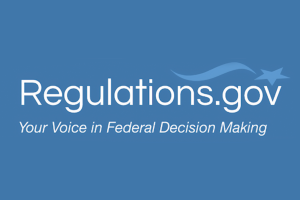
Coalition Comments to DHS & HHS on Unaccompanied Immigrant Children
The Center drafted, organized, and filed comments, signed by thirteen other organizations, regarding the administration's use of children's information to deport their relatives. The comments explain that deporting families using information collected to place unaccompanied children is not only inhumane, but also unlawful and poor policy.
